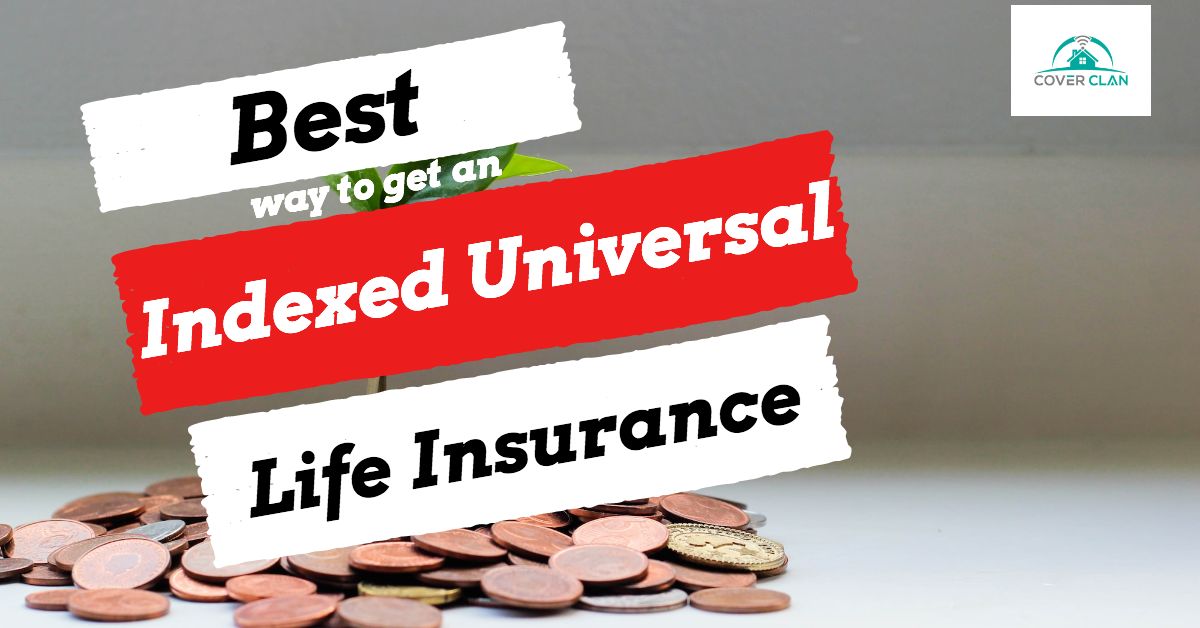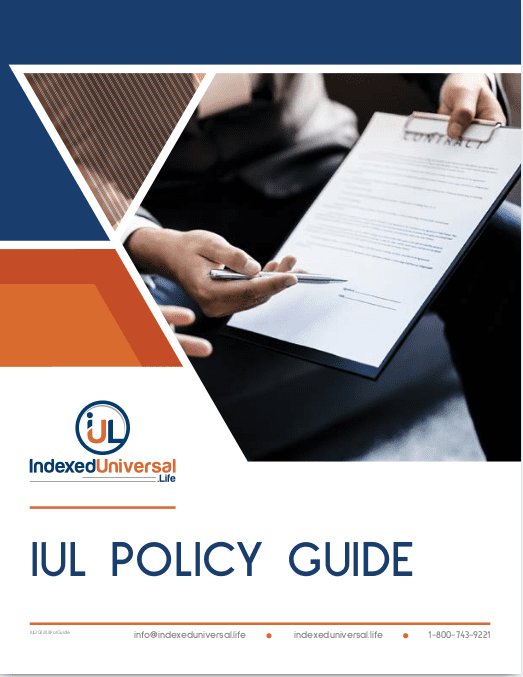All Categories
Featured
Table of Contents
Do they compare the IUL to something like the Lead Total Amount Stock Market Fund Admiral Shares with no load, an expense ratio (EMERGENCY ROOM) of 5 basis factors, a turnover ratio of 4.3%, and an outstanding tax-efficient document of distributions? No, they contrast it to some horrible proactively taken care of fund with an 8% tons, a 2% ER, an 80% turnover proportion, and a dreadful document of temporary funding gain circulations.
Mutual funds often make yearly taxable distributions to fund owners, also when the value of their fund has decreased in worth. Shared funds not just call for revenue reporting (and the resulting annual tax) when the mutual fund is increasing in value, but can likewise enforce earnings taxes in a year when the fund has dropped in value.
That's not exactly how common funds function. You can tax-manage the fund, gathering losses and gains in order to decrease taxable distributions to the capitalists, however that isn't somehow mosting likely to change the reported return of the fund. Only Bernie Madoff kinds can do that. IULs stay clear of myriad tax traps. The possession of mutual funds might call for the shared fund proprietor to pay projected tax obligations.

IULs are simple to place to ensure that, at the owner's fatality, the recipient is exempt to either earnings or estate tax obligations. The very same tax reduction methods do not work almost as well with shared funds. There are countless, commonly pricey, tax obligation traps related to the moment trading of shared fund shares, traps that do not put on indexed life insurance policy.
Opportunities aren't very high that you're mosting likely to undergo the AMT as a result of your mutual fund distributions if you aren't without them. The remainder of this one is half-truths at best. While it is real that there is no revenue tax due to your successors when they inherit the proceeds of your IUL policy, it is additionally true that there is no revenue tax obligation due to your heirs when they inherit a shared fund in a taxable account from you.
Index Universal Life Insurance Quotes
There are much better means to avoid estate tax issues than getting financial investments with low returns. Common funds may trigger earnings taxes of Social Security benefits.

The development within the IUL is tax-deferred and may be taken as free of tax revenue by means of finances. The policy proprietor (vs. the shared fund manager) is in control of his or her reportable revenue, thus allowing them to minimize or perhaps get rid of the tax of their Social Safety advantages. This is wonderful.
Below's an additional minimal issue. It's true if you purchase a common fund for say $10 per share simply prior to the circulation day, and it distributes a $0.50 distribution, you are after that going to owe tax obligations (possibly 7-10 cents per share) despite the reality that you haven't yet had any kind of gains.
In the end, it's actually about the after-tax return, not exactly how much you pay in taxes. You are going to pay more in taxes by utilizing a taxable account than if you buy life insurance policy. Yet you're additionally possibly mosting likely to have even more money after paying those tax obligations. The record-keeping requirements for owning shared funds are dramatically a lot more complicated.
With an IUL, one's records are kept by the insurer, copies of annual declarations are sent by mail to the proprietor, and circulations (if any kind of) are totaled and reported at year end. This is also type of silly. Certainly you ought to keep your tax documents in situation of an audit.
Iul Insurance Calculator
All you need to do is push the paper right into your tax obligation folder when it reveals up in the mail. Hardly a reason to purchase life insurance policy. It's like this person has actually never purchased a taxed account or something. Common funds are commonly component of a decedent's probated estate.
On top of that, they are subject to the hold-ups and expenses of probate. The proceeds of the IUL plan, on the other hand, is constantly a non-probate circulation that passes outside of probate straight to one's named beneficiaries, and is for that reason not subject to one's posthumous financial institutions, unwanted public disclosure, or comparable delays and prices.
Medicaid disqualification and lifetime revenue. An IUL can supply their owners with a stream of revenue for their entire life time, regardless of just how long they live.

This is useful when arranging one's affairs, and converting possessions to income prior to an assisted living facility confinement. Shared funds can not be converted in a comparable way, and are generally considered countable Medicaid assets. This is an additional silly one supporting that poor individuals (you understand, the ones that need Medicaid, a government program for the bad, to spend for their assisted living facility) need to utilize IUL as opposed to mutual funds.
Universal Life Quotes
And life insurance looks horrible when contrasted rather against a pension. Second, people who have cash to get IUL over and past their retired life accounts are mosting likely to need to be terrible at managing money in order to ever before get Medicaid to pay for their assisted living facility costs.
Chronic and terminal ailment cyclist. All plans will certainly enable an owner's easy accessibility to cash from their policy, often forgoing any type of abandonment penalties when such people suffer a serious ailment, need at-home treatment, or become constrained to a nursing home. Mutual funds do not provide a similar waiver when contingent deferred sales costs still relate to a shared fund account whose owner needs to offer some shares to money the prices of such a remain.
Term Insurance Vs Universal Life
You get to pay more for that benefit (motorcyclist) with an insurance coverage plan. Indexed universal life insurance offers death advantages to the recipients of the IUL owners, and neither the proprietor nor the recipient can ever before shed money due to a down market.
Currently, ask yourself, do you really require or desire a survivor benefit? I certainly don't require one after I reach monetary self-reliance. Do I want one? I expect if it were cheap enough. Certainly, it isn't cheap. Generally, a purchaser of life insurance policy spends for real expense of the life insurance benefit, plus the costs of the plan, plus the profits of the insurance provider.
Eclipse Indexed Life Insurance
I'm not completely certain why Mr. Morais included the entire "you can't lose cash" once again here as it was covered quite well in # 1. He simply wished to duplicate the very best marketing point for these things I intend. Again, you don't shed small bucks, however you can lose actual bucks, along with face severe possibility expense as a result of low returns.

An indexed global life insurance plan owner might exchange their policy for a completely different policy without triggering revenue tax obligations. A mutual fund proprietor can stagnate funds from one common fund company to an additional without selling his shares at the former (thus activating a taxable event), and repurchasing new shares at the latter, frequently based on sales charges at both.
While it holds true that you can trade one insurance plan for another, the factor that individuals do this is that the initial one is such a horrible plan that even after purchasing a brand-new one and going via the very early, adverse return years, you'll still come out ahead. If they were sold the right policy the very first time, they should not have any type of need to ever exchange it and undergo the early, adverse return years once more.
Latest Posts
Financial Foundation Iul
Universal Vs Term Insurance
Universal Life Cost Of Insurance